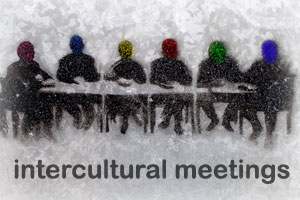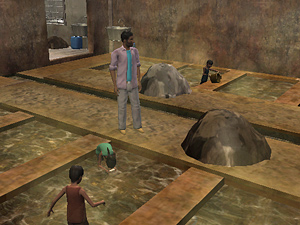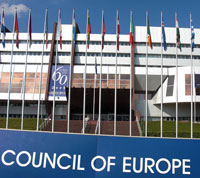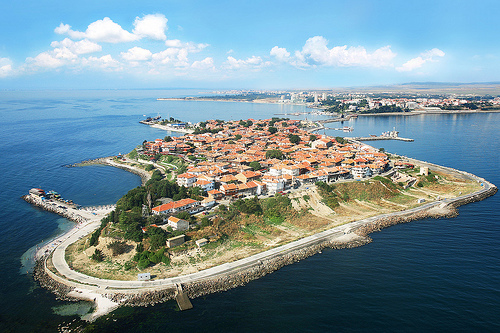On this show (no. 123) we will hear from the US, from South Korea and from Lebanon in the Middle East. I think this mix promises your dose of culture shocks from around the world and insights into new ways of thinking.
absolutely unpunctual
Have you ever made the experience that you traveled in a foreign country and because of your preparation or knowledge about this country your head is spinning with ready-made clichés about the people in that country? Often, when we are well prepared we really have the impression that we know a lot about the country we visit and the people who live there – but are these preconceived ideas the truth? Are they even helpful? In our first category I talked with Yoav Wachsmann, an American professor (originally from Israel) who travels a lot and comes over to Germany regularly. He told me what he liked most about his time in Europe but also how he had to revise his stereotypes as he was getting to know the Germans. He tells us an interesting story of misinterpretation where he thought that his German students were always late for their class until he discovered that in German Academia there is a system which could be called “formalized impunctuality”.
absolutely perfect
In our next category Anne Gründer, a student from Rhein Ahr Campus in Remagen told me why she took South-Korea as her destination for her semester abroad and what her friends’ reaction were like when they hear about that. Let us listen to how she enjoyed her trip to a completely different world and culture and how she spent her time in Korea.
absolutely specialized
Jennifer, an American professor who is teaching in Lebanon told me her story! She comes from Boston, in the US, is married with a Lebanese and is now living in Beirut. Many people back home are worried about her safety, because it seems to be dangerous living there, particularly as an American. But is it true? Is life more dangerous than in the US? In our last category Jennifer shared with me some stories, experiences she made in class and what she is missing most from the American culture.
Our next show will be coming to you from Anne Fox in Denmark on 10. December
Until then –
Bleiben Sie absolut interkulturell!
The host of this show is: Dr. Laurent Borgmann
Editor: Dino Nogarole










